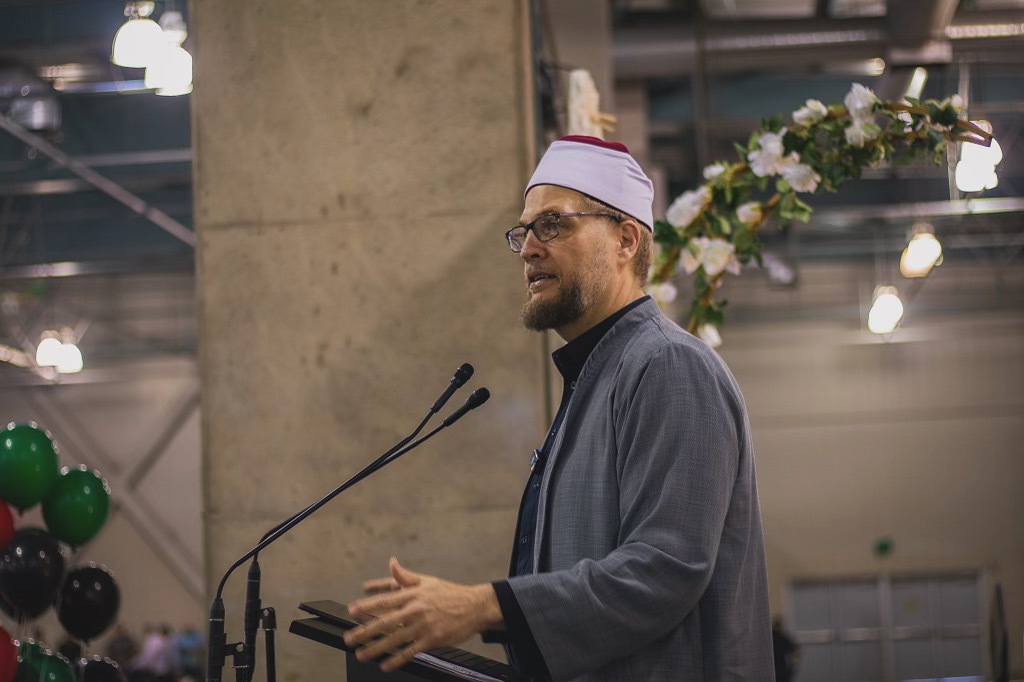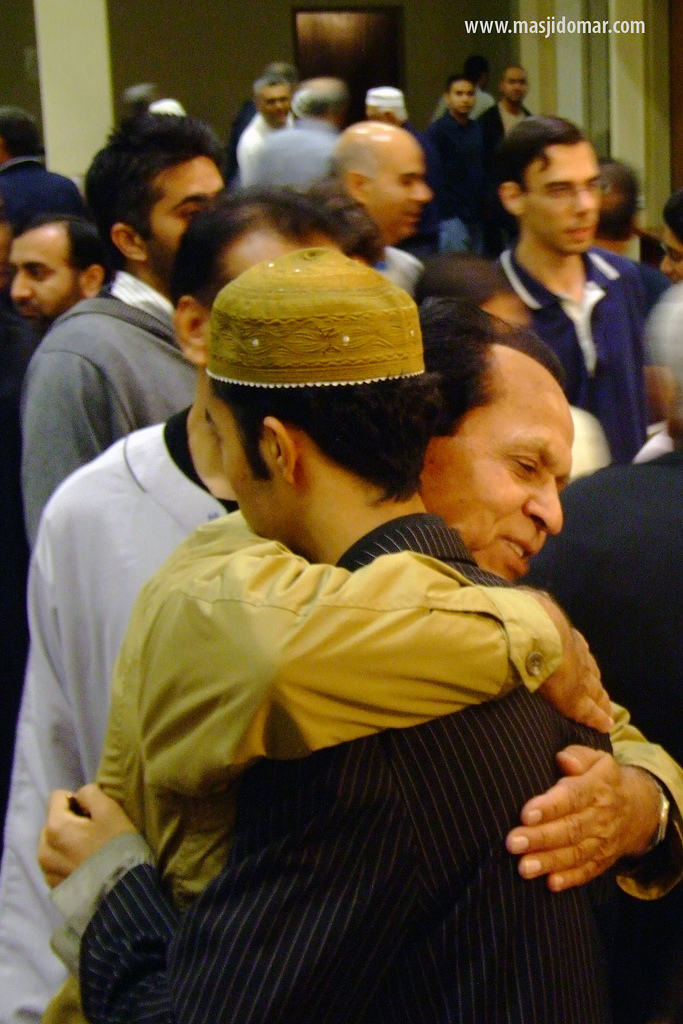Ruling on a Father Marrying His Daughter Against Her Will Dr. Zaynab Abu Fadel

Summary of the Question:
What is the stance on a father forcing his daughter to marry her cousin, whom she does not wish to marry, claiming his guardianship rights over her?
Answer:
It is impermissible for a father to force his daughter into marriage under any circumstances. A father’s guardianship only extends to facilitating the marriage contract on her behalf, with her explicit consent and after asking for her permission, as a mark of respect for her. Texts clearly mandate that a woman’s consent is essential for the marriage contract, and this holds true regardless of whether she is a virgin or not.
For instance, a virgin once approached Prophet Muhammad, peace be upon him, complaining that her father married her off against her will. The Prophet then gave her the choice, effectively allowing her to affirm or annul the marriage. Similarly, in the case of a previously married woman, the Prophet annulled her marriage when her father forced her into it.
Notably, the jurist Ibn Qayyim, may God have mercy on him, argued strongly against the permissibility of a father forcing his daughter into marriage, diverging from his Hanbali school of thought. He notably argued, “If a mature and sensible virgin cannot have her father manage even the smallest bit of her finances without her consent, how can it be permissible for him to degrade her and marry her off to someone of his choice, against her will?”This is tantamount to slavery!
The daughter should assert her right to refuse this marriage, and her mother and family members should support her in opposing her father’s unjust actions, as if he were subjecting her to a form of slavery, echoing Ibn Qayyim’s views. Especially since the inquiry suggests that this marriage is more like a transaction or trade involving the daughter for the financial benefits from the young man’s wealth, including property sold by the girl’s father to his brother due to poverty—echoing a time when slave markets were common.
Imam Abu Hanifa’s humane jurisprudence is also relevant here, as he rejected all impositions except in cases of public harm. He recognized the manipulative nature of such deals and benefits, advocating against limiting the agency of even the unwise, as long as they are competent adults. He argued that stripping someone of their agency is more harmful than potential reckless spending, as it dehumanizes them and equates them to animals.
In conclusion, I strongly support the daughter’s right to marry according to her choice and urge her to resist any undue pressure or accusations of dishonor. This father is in the wrong by his actions. May God have mercy on a parent who supports their child’s right to respect and choice.










